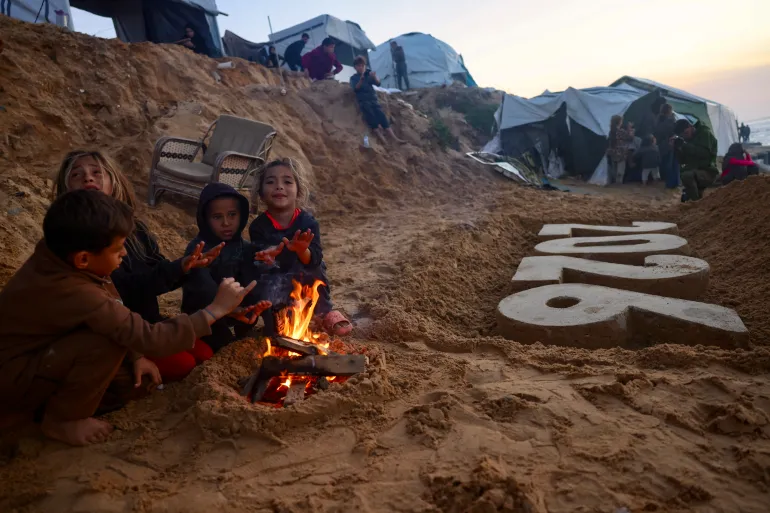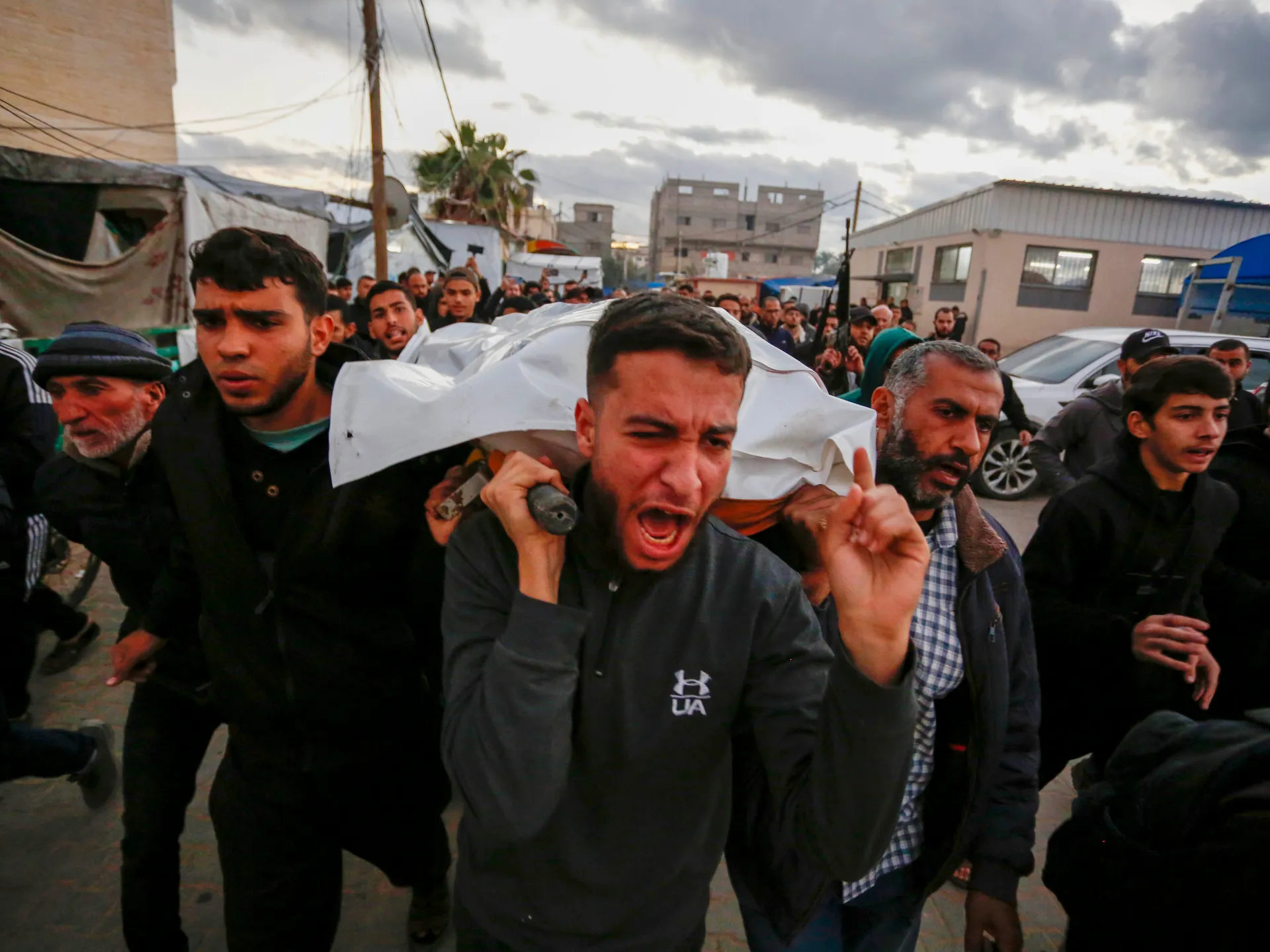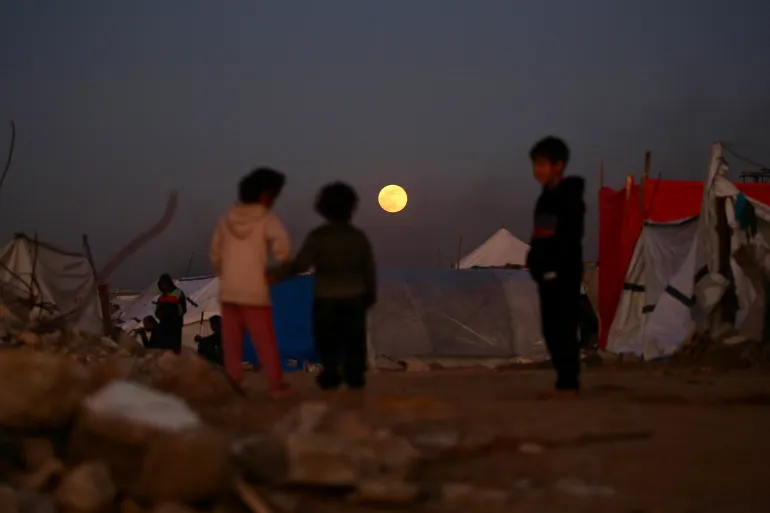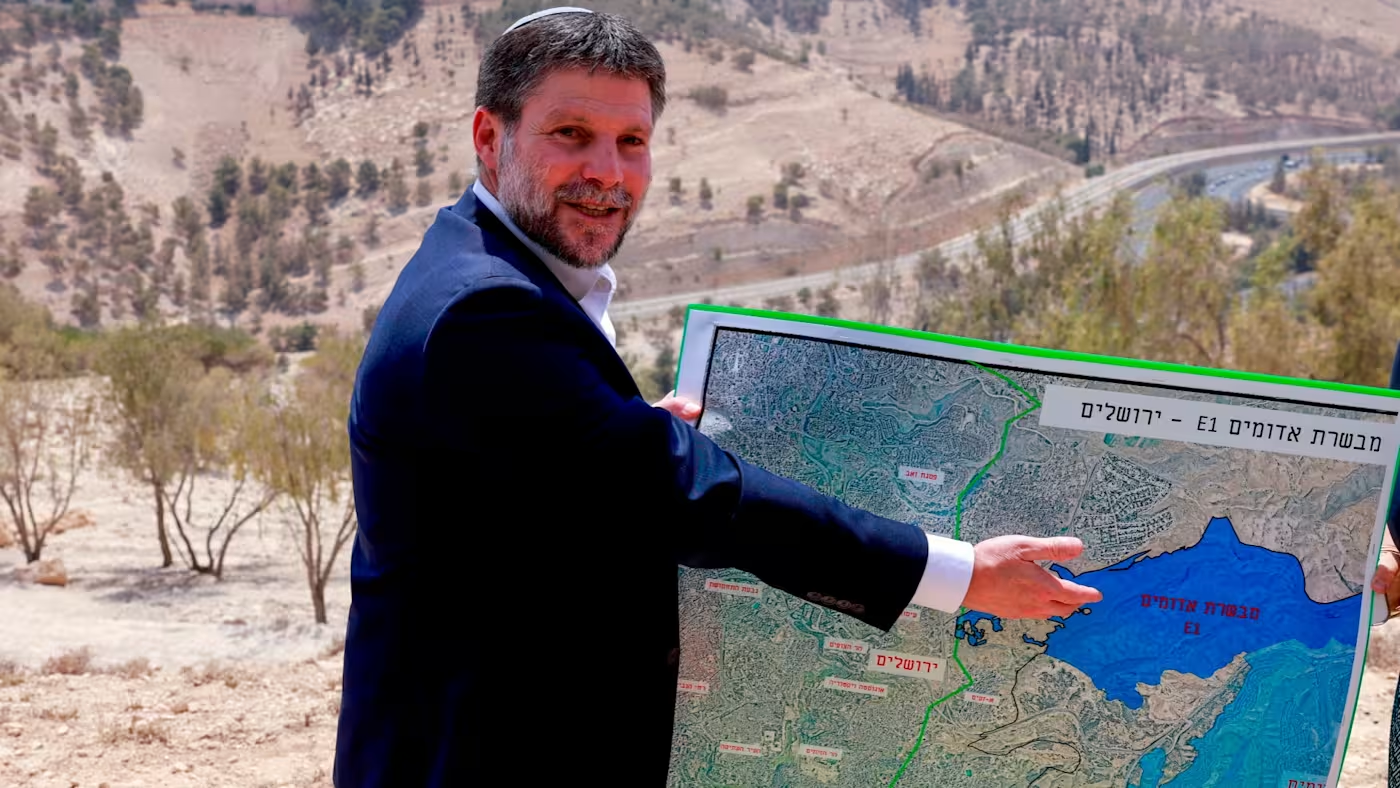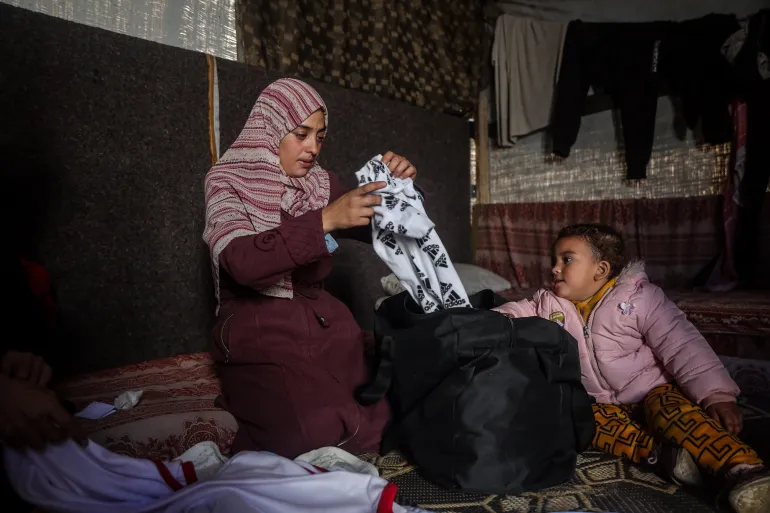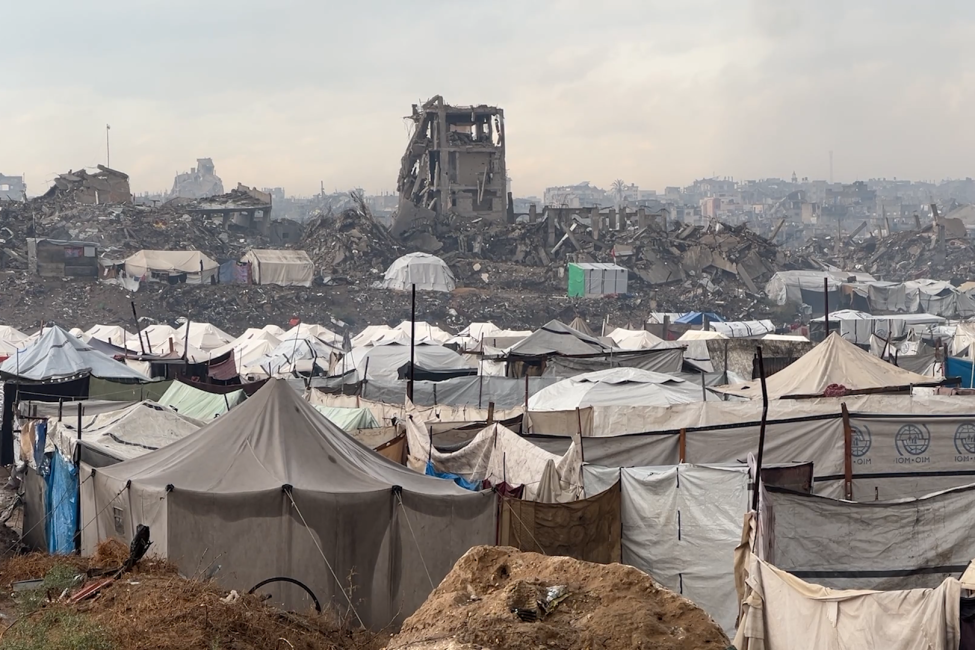The UN human rights office (OHCHR) in the OccupiedPalestinian Territory on Wednesday called on the Israeli military to cease the use of lethal force near aid convoys and food distribution sites.
It cited “repeated incidents” of Palestinians being shot or shelled while seeking food, warning that such attacks could constitute warcrimes under international law.
“We are horrified at the repeated incidents, continuously reported in recent days across Gaza, and we call for an immediate end to these senseless killings,” the office said in a statement.
Hundreds killed
Since 27 May, when the Gaza Humanitarian Foundation (GHF),an initiative backed by Israel and the United States began food distribution ins outhern Gaza – bypassing the established UN-led system – hundreds have been killed and many more wounded near four distribution points or while waiting to pick up aid.
In one of the deadliest recent incidents, Israeli military reportedly shelled a crowd waiting for UN food trucks in southern Gaza on 17June, killing at least 51 people and injuring some 200 others, according toGazan health authorities.
A day earlier, three Palestinians were reportedly killed and several injured in a similar incident in western Beit Lahiya.
“There is no information to suggest that the people killed or injured were involved in hostilities or posed any threat to the Israeli military or to staff of GHF distribution points,” OHCHR said.
Protect civilians, aid workers
The UN World Food Programme (WFP), which has managed to dispatch only 9,000 metric tons of food within Gaza over the past month – a fraction of what is required for the 2.1 million people in need – echoed callsfor immediate protection of civilians and aid workers.
“Far too many people have died while trying to access the trickle of food aid coming in,” the agency said in a separate statement.
“Any violence resulting in starving people being killed or injured while seeking life-saving assistance is completely unacceptable.”
Massive scale-up needed
The UN emergency food relief agency said the fear of starvation and desperate need for food is causing large crowds to gather along well-known transport routes, hoping to intercept and access humanitarian supplies while in transit.
“Only a massive scale-up in food distributions can stabilize the situation, calm anxieties and rebuild the trust within communities that more food is coming,” it said, calling urgently for safer convoy routes, faster permissions, restored communication channels and additional border openings.
“The time to act is now. Delays cost lives. We must be allowed to safely do our jobs,” the agency said.

